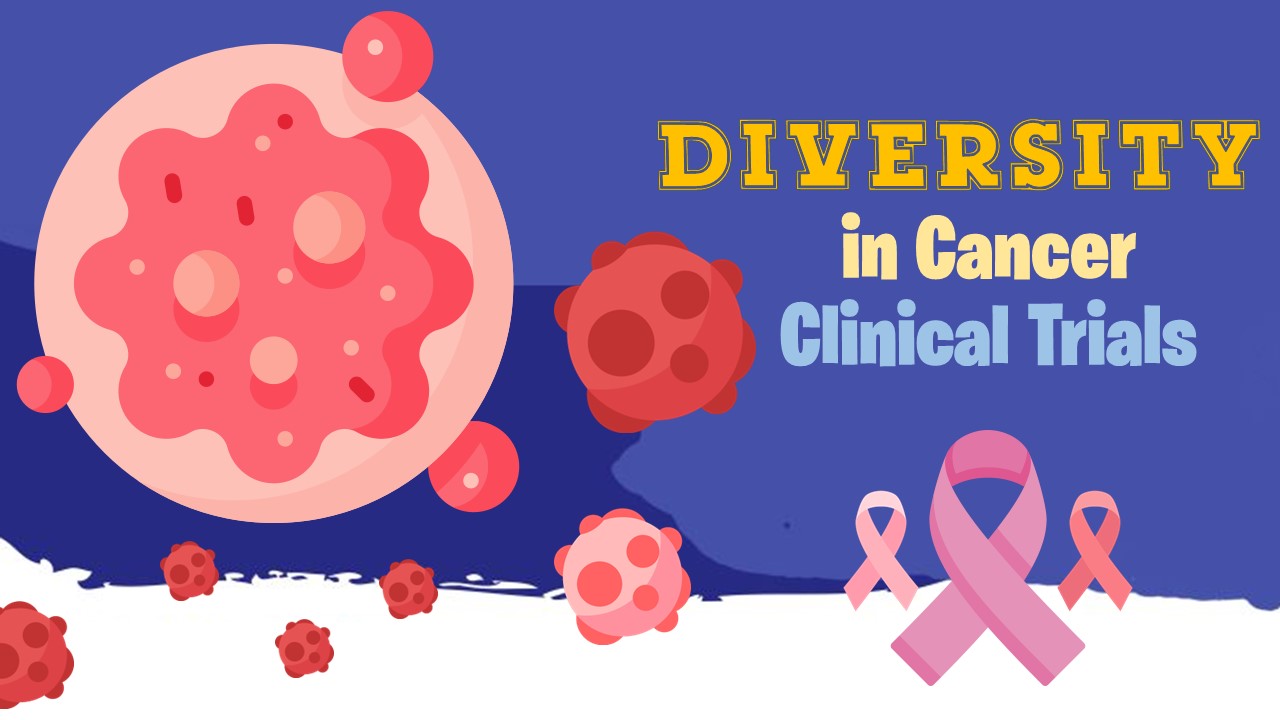Clinical trials, often hailed as the gold standard in medical research, have historically been the driving force behind breakthroughs in healthcare. These meticulously designed experiments have given rise to lifesaving treatments, increased cancer survivorship rates, and expanded our understanding of various diseases. Yet, despite their crucial role in advancing medicine, clinical trials face a persistent challenge – low participation rates, particularly among cancer patients. This article delves into the multifaceted world of clinical trials, highlighting their significance and exploring the pivotal role that education can play in fostering greater participation.
The Importance of Participation: Ensuring Medication Efficacy and Safety
Participation in clinical trials is nothing short of imperative. It serves as the litmus test for the safety and effectiveness of new medications. A small, unrepresentative pool of participants can’t possibly mirror the diverse population that will eventually use the medication. Consequently, critical facets of the medication, such as side effects, may not be accurately assessed.
Furthermore, genetics play a pivotal role in the response to medications and the development of diseases. Therefore, having a diverse group of participants is vital to uncover nuances that might otherwise be overlooked. Recent efforts have focused on increasing diversity, especially within ethnic minority groups, to ensure that research findings are relevant and applicable to a broader spectrum of patients.
Educating Patients: Breaking Down Barriers to Participation
The first step in boosting clinical trial participation is patient education. While a majority of patients may have heard of clinical trials, a mere 40% hold a positive view of them, with just 35% expressing willingness to enroll. The lack of trust in clinical trials’ efficacy and safety looms as a formidable barrier, one that education can actively dismantle.
Many patients fail to associate clinical trials with quality patient care. Instead, they often view these trials as experiments where the medication takes center stage, eclipsing the importance of the patient. To rectify this, education must be delivered in plain, engaging language, free from jargon. The target audience should primarily be the general public, as this approach maximizes the chances of recruiting participants across various trials. It is crucial that potential participants understand the confidentiality and safety regulations in place, fostering trust in the clinical trial process.
Building trust doesn’t rely solely on external education; it can also stem from the experiences of those who have participated in clinical trials. A 2017 survey revealed that 14% of respondents knew someone who had taken part in a clinical trial. Leveraging these personal connections can help raise awareness and inspire trust among the public.
Educating Physicians: Equipping Healthcare Professionals for Informed Referrals
A significant barrier to clinical trial participation is the lack of access to information. Clinical trials primarily take place in renowned teaching hospitals, where physicians are well-informed about ongoing trials and can guide their patients accordingly. However, this leaves many potential participants in the dark, missing out on opportunities they may have embraced had they been informed.
To bridge this information gap, clinical trial data should be shared proactively with healthcare professionals and the media, using simple and accessible language. Ensuring that all potential participants are reached is essential for expanding the pool of trial candidates.
In addition to informing patients, there’s a pressing need to educate healthcare professionals themselves. A study surveying physicians found that 56% only considered a clinical trial for their patients late in their treatment course, with 28% viewing clinical trials as a “treatment of last resort.” These findings underscore a lack of knowledge among healthcare professionals. Referring patients too late may disqualify them from participation, depriving them of potential benefits. Therefore, educating healthcare providers about clinical trials and the optimal timing for patient referral is crucial.
Addressing Additional Barriers to Boost Participation
While education is paramount, it’s not the sole factor that affects clinical trial participation. Complex inclusion and exclusion criteria often limit the pool of eligible participants. Simplifying or modifying these criteria to be more representative of the general population could expand participation.
Another critical factor is accessibility. Clinical trials often require frequent site visits, which can be challenging for those who cannot travel or take time off work. The COVID-19 pandemic brought about innovative adaptations, such as medication delivery and remote follow-up meetings, to enhance convenience and safety. These adaptations should be integrated into clinical trials when feasible, prioritizing patient safety and scientific integrity.
Cultivating Trust and Knowledge to Drive Participation
Accelerating clinical trial participation is not just a matter of recruitment numbers; it’s about ensuring the safety and efficacy of approved medications. Multiple factors contribute to low participation, including limited access, knowledge gaps, trust issues, and convenience concerns. Educating the public on the safety and effectiveness of clinical trials is essential to foster trust and knowledge, making potential participants more receptive. Additionally, physicians must be educated about ongoing clinical trials to ensure that patients are referred at the optimal time. Ultimately, a concerted effort, combining education with accessibility and inclusivity, is needed to bridge the gap and unlock the full potential of clinical trials in advancing healthcare.
Engr. Dex Marco Tiu Guibelondo, B.Sc. Pharm, R.Ph., B.Sc. CpE
Subscribe
to get our
LATEST NEWS
Related Posts

Clinical Trial Supply Chain
Equitable Trial Strategy: A Comprehensive Blueprint for Diversifying Oncotherapeutics
In the pursuit of health equity, diversifying cancer clinical trials is not only a scientific imperative but a moral imperative.

Clinical Trial Supply Chain
Bridging the Gap: Enhancing Diversity in Cancer Clinical Trials
As cancer care marches forward, fostering diversity in clinical trials stands as a non-negotiable imperative.
Read More Articles
Synthetic Chemistry’s Potential in Deciphering Antimicrobial Peptides
The saga of antimicrobial peptides unfolds as a testament to scientific ingenuity and therapeutic resilience.












